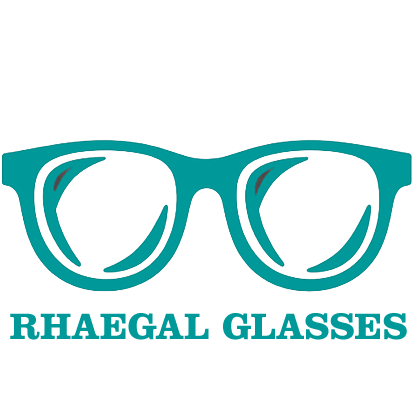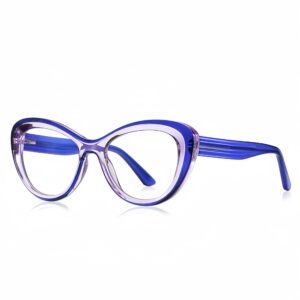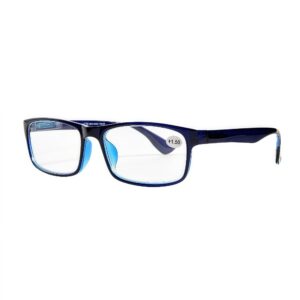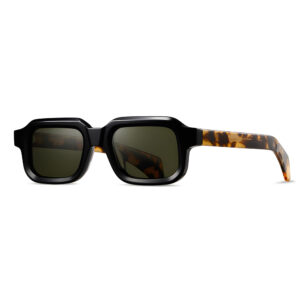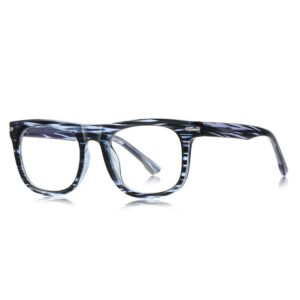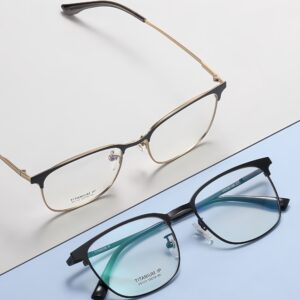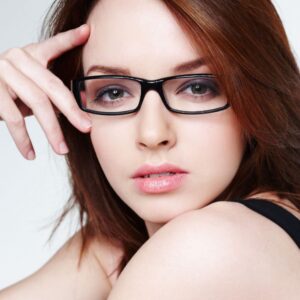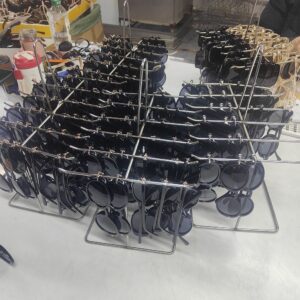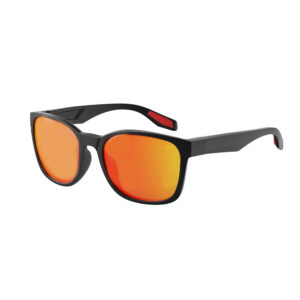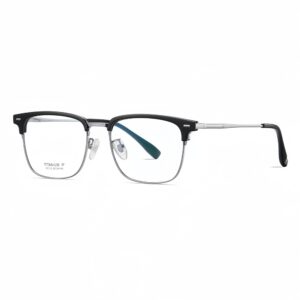
Store ting i erhvervslivet bliver aldrig gjort af én person. De er lavet af et hold af mennesker. Vi har den dynamiske gruppe af mennesker
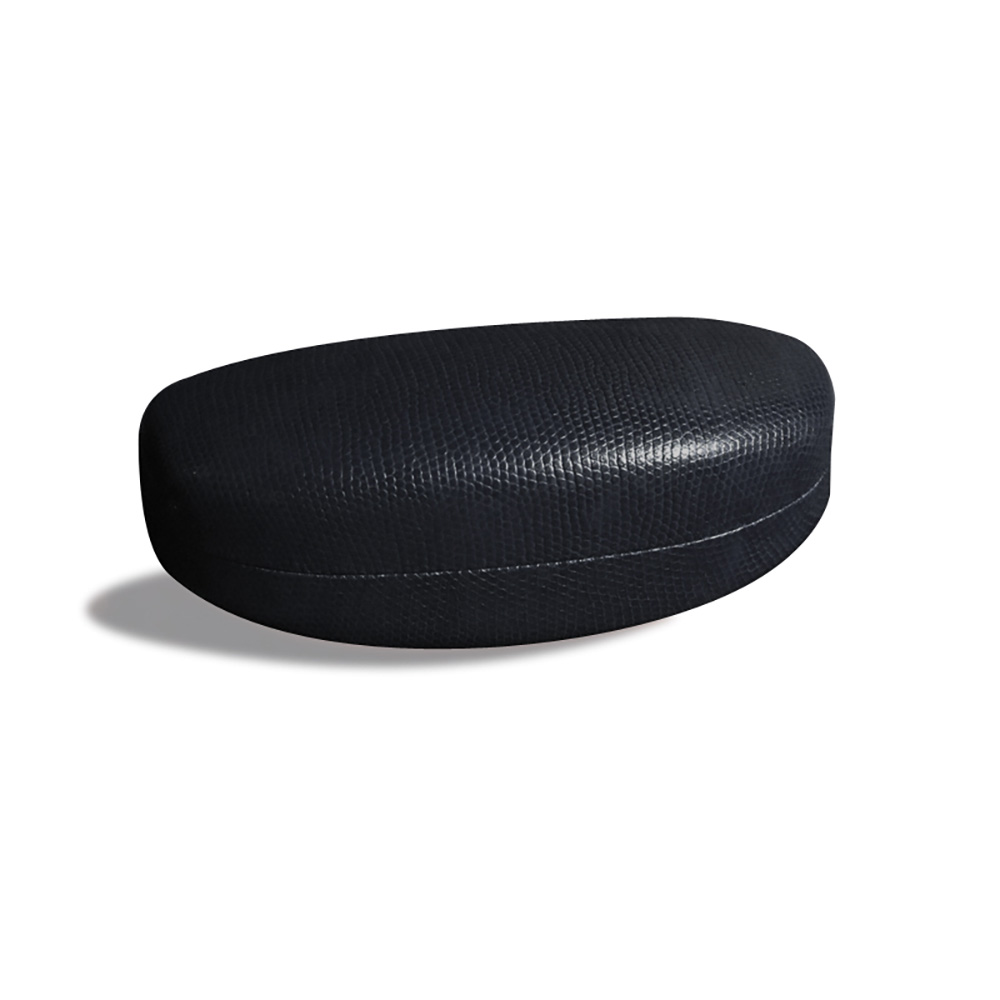
Customized PU Leather Glasses Case Factory
Hjem WhatsApp Email Briller, Læsebriller Blue Light Læsebriller Factory, Kina Blue Light Briller til læsning, Kina Læsebriller
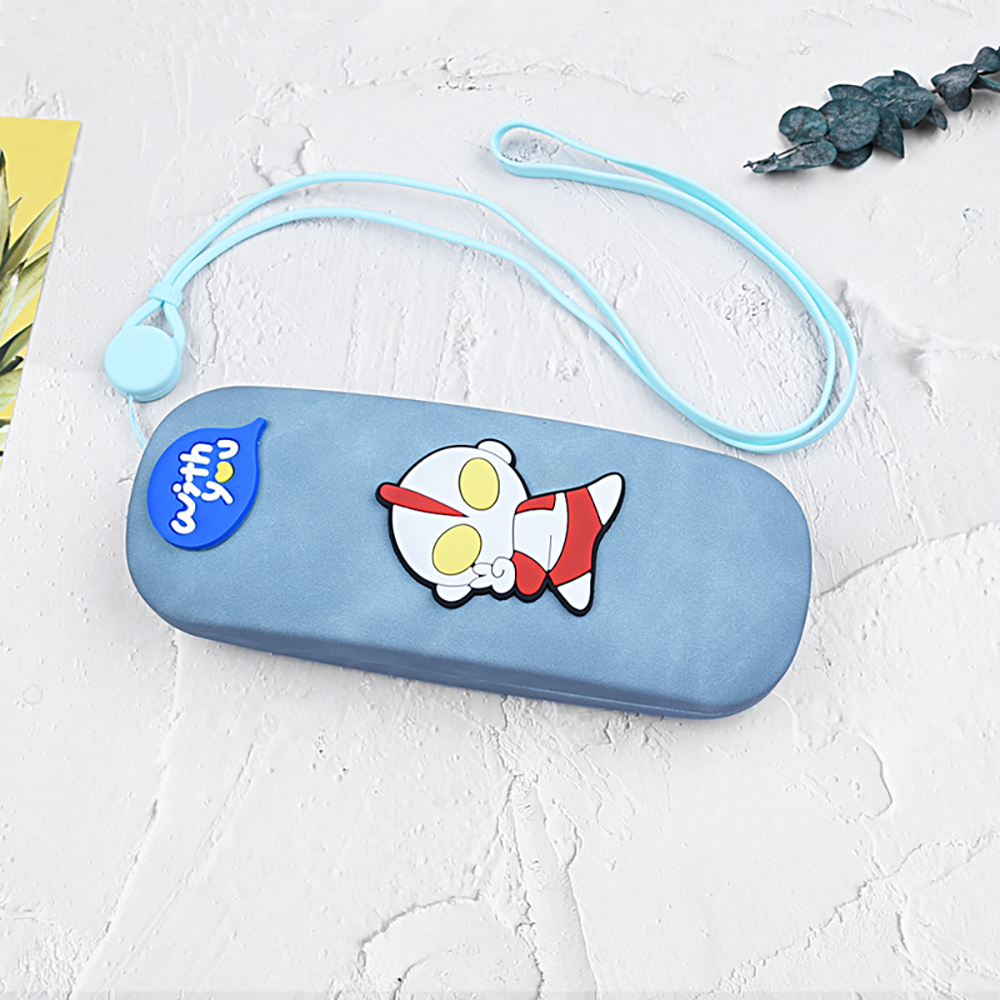
Wholesale Kids Glasses Case with Strap
Home WhatsApp Email Blue Light Glasses, Eyeglasses Customized Unisex Eyeglasses Frames, Unisex Eyeglasses Frames wholesale, Wholesale Eyeglasses Frames The Problem:
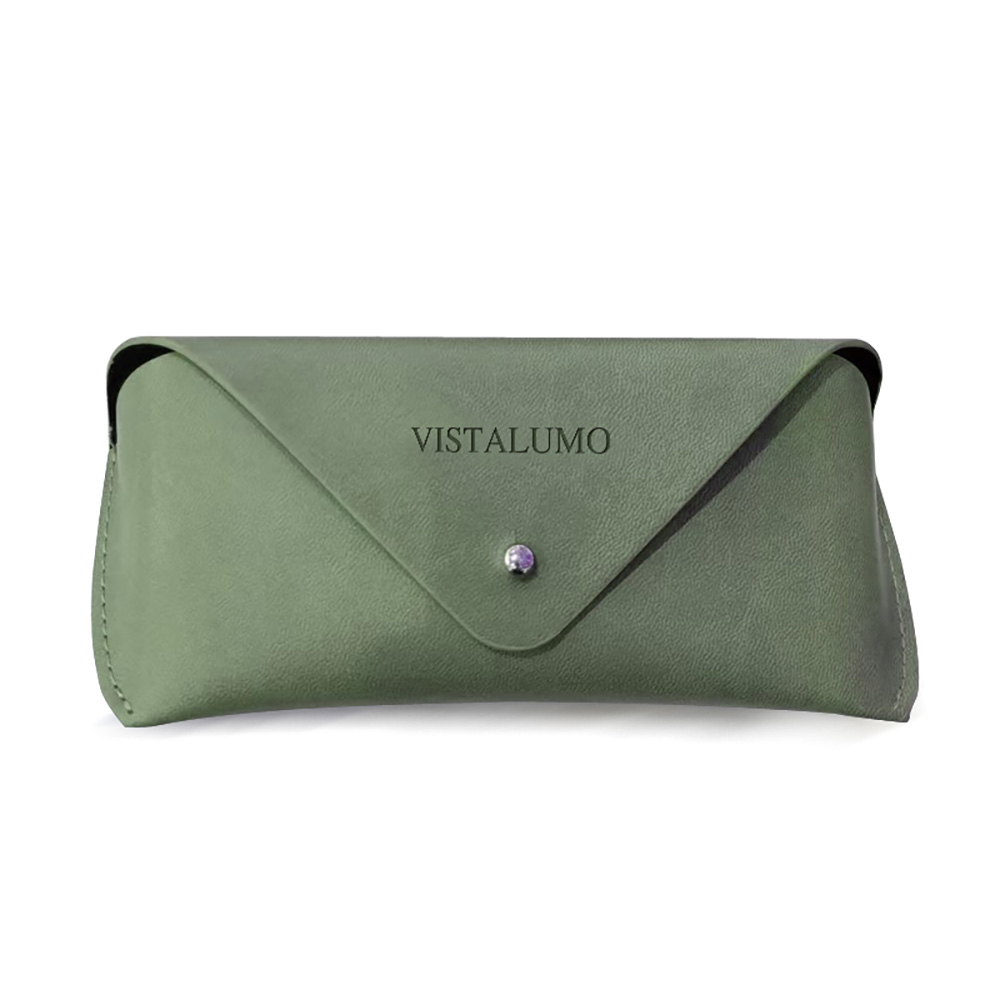
Wholesale Durable Ray Ban Sunglass Case Factory
Hjem WhatsApp Email Blue Light Briller, Briller Blue Blocker Briller Computer, Blue Blocker Briller til Computer, Custom Blue Blocker Briller
